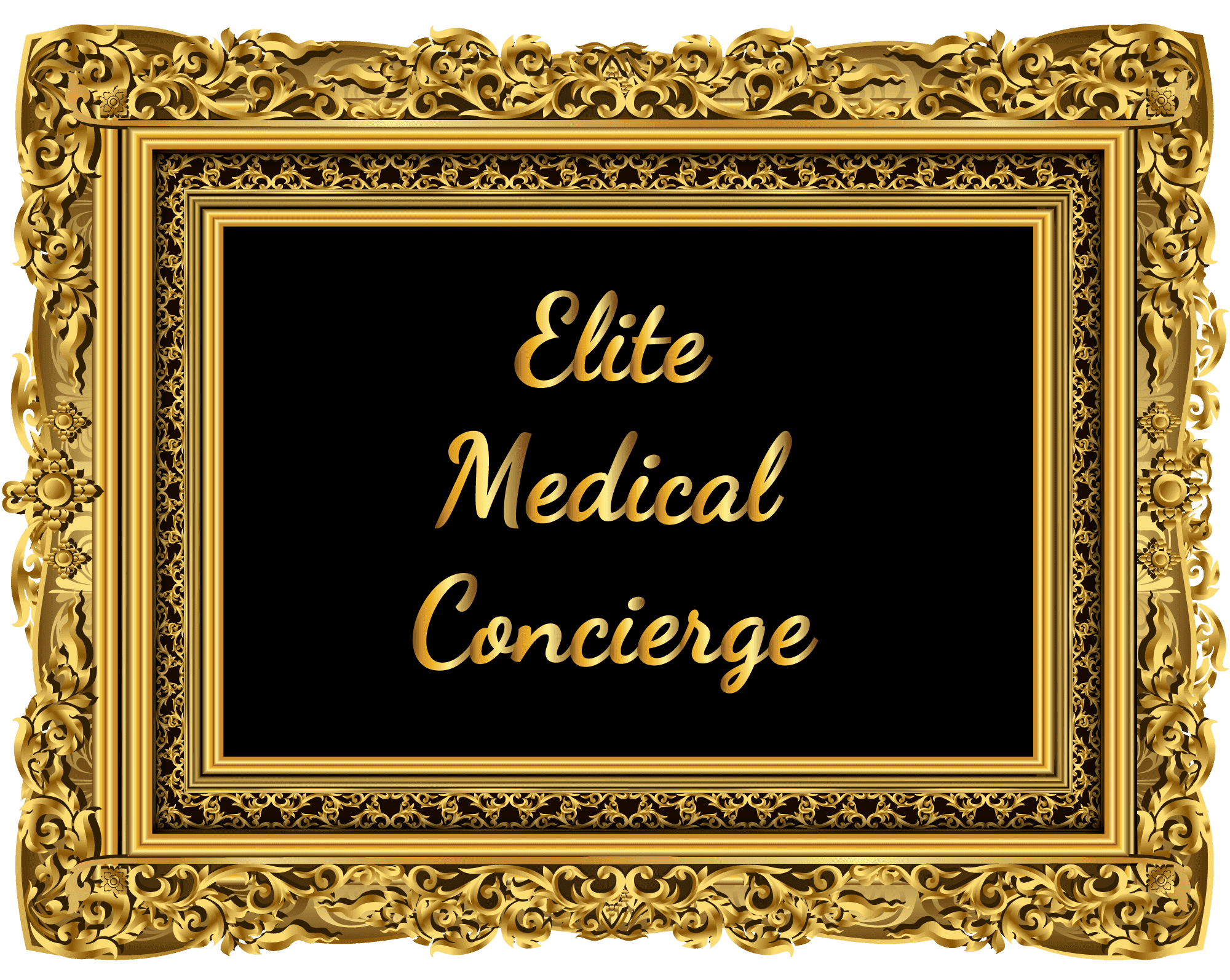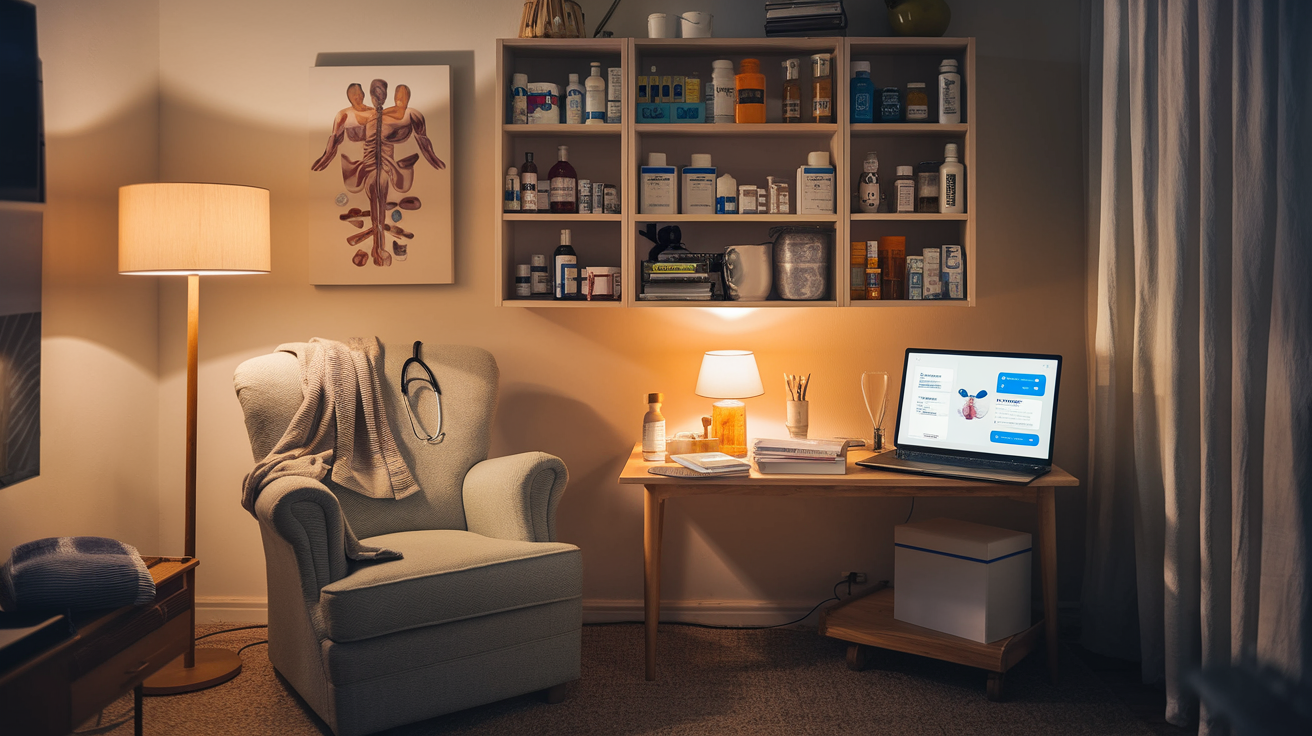House Calls in the 21st Century: The Return of Truly Personal Medicine
In an age dominated by technology and rapid advancements in healthcare, the concept of house calls is making a remarkable comeback. Once a staple of medical practice, house calls are now being reimagined in the 21st century, offering patients a truly personal approach to medicine. This revival is not just about convenience; it represents a shift towards more compassionate and individualized care that prioritizes the patient experience.
In conclusion, the return of house calls in the 21st century signifies a shift towards more personalized and compassionate healthcare. By embracing this model, we can enhance patient satisfaction and improve health outcomes, making healthcare more accessible and tailored to individual needs. As we continue to innovate and adapt, house calls may very well become a cornerstone of modern medical practice, ensuring that care is not only effective but also empathetic and responsive to the unique circumstances of each patient.
The Evolution of House Calls
House calls have a rich history, dating back to the days when physicians would visit patients in their homes. However, with the rise of hospitals and clinics, this practice dwindled. Today, several factors are contributing to the resurgence of house calls:- Technological Advancements: Telemedicine and mobile health technologies have made it easier for healthcare providers to deliver care at home. Innovations such as remote monitoring devices and health apps allow for continuous patient engagement and data collection, enhancing the quality of care.
- Patient Preferences: Many patients prefer the comfort of their own homes, especially the elderly and those with chronic conditions. This preference is often rooted in the desire for a more relaxed atmosphere, where they can feel secure and at ease during medical consultations.
- Cost-Effectiveness: House calls can reduce hospital readmissions and emergency room visits, ultimately saving costs for both patients and healthcare systems. By addressing health issues early in a familiar setting, patients may avoid more serious complications that require expensive treatments.
Benefits of House Calls
House calls offer numerous advantages that enhance the patient experience:- Personalized Care: Physicians can spend more time with patients, leading to better understanding and tailored treatment plans. This one-on-one interaction fosters a stronger doctor-patient relationship, which is essential for effective healthcare.
- Comfort and Convenience: Patients receive care in a familiar environment, reducing anxiety and stress associated with clinical settings. This comfort can lead to more open communication about health concerns, resulting in better outcomes.
- Comprehensive Assessments: Doctors can assess home environments, which can impact health, providing a holistic view of patient care. Understanding factors such as living conditions and social support can inform more effective treatment strategies.
Challenges to Overcome
Despite the benefits, there are challenges to the widespread adoption of house calls:- Logistical Issues: Coordinating schedules and travel can be complex for healthcare providers. Ensuring timely visits while managing a diverse patient load requires careful planning and resources.
- Insurance Limitations: Not all insurance plans cover house calls, which can deter patients from seeking this option. Advocacy for policy changes may be necessary to expand coverage and make house calls more accessible.
- Provider Availability: There may be a limited number of healthcare professionals willing to make house calls. Addressing this shortage through incentives and training programs could encourage more providers to participate in this model of care.
The Future of House Calls
As we look to the future, the integration of technology will play a crucial role in the evolution of house calls:- Telehealth Integration: Combining in-person visits with telehealth services can enhance patient care and follow-up. This hybrid approach allows for ongoing support and monitoring, ensuring that patients receive comprehensive care.
- Mobile Health Units: These units can provide a range of services, from routine check-ups to urgent care, directly in communities. By bringing healthcare to underserved areas, mobile units can help bridge gaps in access to care.
- Increased Awareness: Educating patients and providers about the benefits of house calls can drive demand and acceptance. Community outreach and informational campaigns can help demystify the process and encourage more individuals to consider this option.
In conclusion, the return of house calls in the 21st century signifies a shift towards more personalized and compassionate healthcare. By embracing this model, we can enhance patient satisfaction and improve health outcomes, making healthcare more accessible and tailored to individual needs. As we continue to innovate and adapt, house calls may very well become a cornerstone of modern medical practice, ensuring that care is not only effective but also empathetic and responsive to the unique circumstances of each patient.

A Deeper Look at Personalized Health Management Plans and Preventive Care Through Concierge Services
Discover how personalized health management plans through concierge services can transform your healthcare experience, enhancing preventive care and improving patient outcomes tailored just for you.










